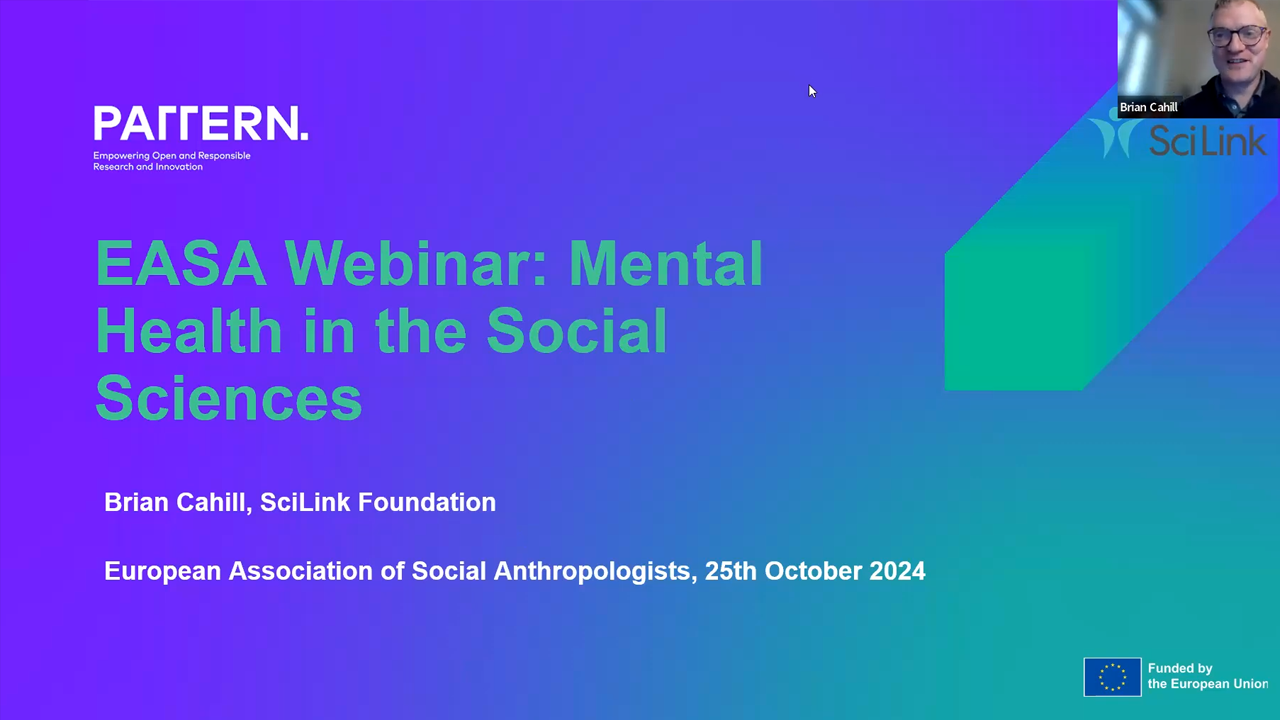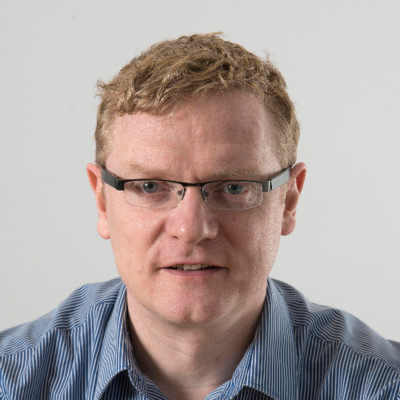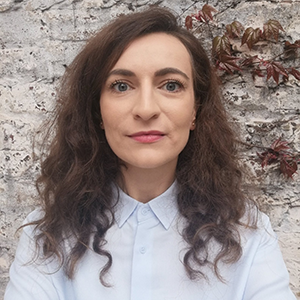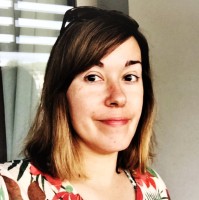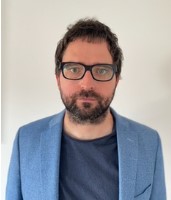This webinar combines research-centred work on mental health in the social sciences, together with a more praxis-oriented discussion on union engagement and institutional practices that tackle mental health struggles in academia.
The figures on mental health in academia are harrowing, and unfortunately in line with what many of us have experienced. In the life sciences, graduate students are six times more likely to develop anxiety and depression compared to the general population: almost half suffer from diagnosable anxiety and a quarter from diagnosable depression (Evans et al. 2018; Gin et al. 2021). Attrition rates are unfortunately unsurprising: 30% of researchers quit their job because of poor work-life balance and 30% due to toxic environments, with approximately half leaving within 10 years of publishing their first paper (Kwiek and Szymula 2024).
During this webinar, we discuss the research on mental health in the social sciences, such as the preliminary results of the STAIRCASE survey. This survey was carried out by the Researcher Mental Health Observatory (ReMO) to understand and raise awareness on mental health in academia, and to advocate for healthy and sustainable working conditions in academia.
This webinar also addresses the ways in which universities, networks, and professional associations such as EASA could help drive change. What are the institutional tools at the disposal of departments, universities, and EASA to pursue an anti-precarity agenda that is attuned to understanding mental health struggles and improving mental wellbeing?
The discussions will be chaired by Dr. Alexandra Oancă, Postdoctoral Associate at the KU Leuven and vice-president of the EASA Executive Committee.
References
Evans, T. M., Bira, L., Gastelum, J. B., Weiss, L. T., & Vanderford, N. L. (2018). Evidence for a mental health crisis in graduate education. Nature biotechnology, 36(3), 282–284.
https://doi.org/10.1038/nbt.4089.
Gin, L. E., Wiesenthal, N. J., Ferreira, I., & Cooper, K. M. (2021). PhDepression: Examining How Graduate Research and Teaching Affect Depression in Life Sciences PhD Students. CBE life sciences education, 20(3), ar41.
https://doi.org/10.1187/cbe.21-03-0077.
Kwiek, Marek, and Lukasz Szymula. 2024. “Quantifying Attrition in Science: A Cohort-Based, Longitudinal Study of Scientists in 38 OECD Countries.” Higher Education.
https://doi.org/10.1007/s10734-024-01284-0.
